OUR SERVICES
• EPC SOLUTIONS FOR POWER PLANTS
• OIL PRODUCT TRADE
• ENERGY PROJECTS
• CRUDE OIL TRADE
• OIL SWAPPING
• OIL PROCESSING
• TRANSPORTATION
• CONSULTANCY AND MANAGEMENT
We have unique, in-depth knowledge of crude, feedstocks and oil products, oil refineries, processing plants, ships and all units associated with processing or consumption.
Besides the number of projects currently under development ETT is partnering with companies in gasoline blending in Nigeria, fuel swaps including with Libya GECOL and in gas processing in Ghana.
We have unique, in-depth knowledge of crude, feedstocks and oil products, oil refineries, processing plants, ships and all units associated with processing or consumption. When we look at a crude assay or feedstock analysis, we know which facilities will value these the highest. We can examine facilities, understanding what abilities each has as well as their potential and the best inputs and outputs for profitability. We blend crude oil and feedstocks to get the maximum benefit from units, especially knowing how to increase profitability.
One of the highlights of our consulting side was being named as a partner and technical adviser by the President and Secretary General of OPEC. This gave us credibility and gravitas to enter into a number of contracts with state owned oil companies.
Consulting is a core activity for ETT to identify opportunities and establishes a relationship with clients.
Marketing/Regulatory
A study of the potential export markets for crude oil produced in the United States for a now $60 billion company with 50,000 miles of domestic crude oil, gas and product pipelines and numerous associated processing facilities. By 2015 crude oil production in the United States was increasing rapidly due to fracking. Crude oil exports were not allowed. We were retained to determine the potential market for exports, as a basis to apply for a crude export license. We examined the export potential, but more importantly, discovered a structured a way for the client to get an immediate license for a major portion of the production as an oil product. Based on our understanding of the market, technical details, and legal requirements, we obtained a private ruling that determined part of the product they carried qualified as "stationary turbine fuel." Since oil product exports were allowed at the time, excluding crude, our client began exporting ahead of their competitors. Pressure, caused by these exports, resulted in crude oil exports being allowed for the first time since pre- WWII.
Blending
We have regularly blended crude and made reconstituted (“Recon”) crudes, basically making a blend that turns out the exact yield required by the consumers. This is particularly important for inland refineries, where the export of excess products (usually fuel oil) is impractical or expensive.
One client in an African country requested a feasibility study for importing LPG as consumption had increased above the balance a normal crude would produce at their refinery. Instead of an extremely expensive import terminal, we were able to design and implement an LPG injection into the crude which doubled LPG production with very minor modifications to the refinery.
Fuel substitution
We regularly "swap" lower-quality fuel oil for higher quality, and pay power plants a premium for the quality. We have been successful in substituting condensate for gasoil, saving significant expense in gas turbine power plants.
We have an ongoing project to convert 4 power generators at a 210,000 bd refinery with gas from valuable light cycle oil. The entire project will be paid for by the differential between the cycle oil and the gas. As a side benefit, 1/3 of the total 100 MGW (4 x 25 MGW) capacity was on standby, in case of issues. We were able to negotiate an interruptible electricity supply contract selling 37.5 MGW into the grid, establishing a new profit center without additional cost, and which also remained available on a standby basis. This conversion is ongoing.
